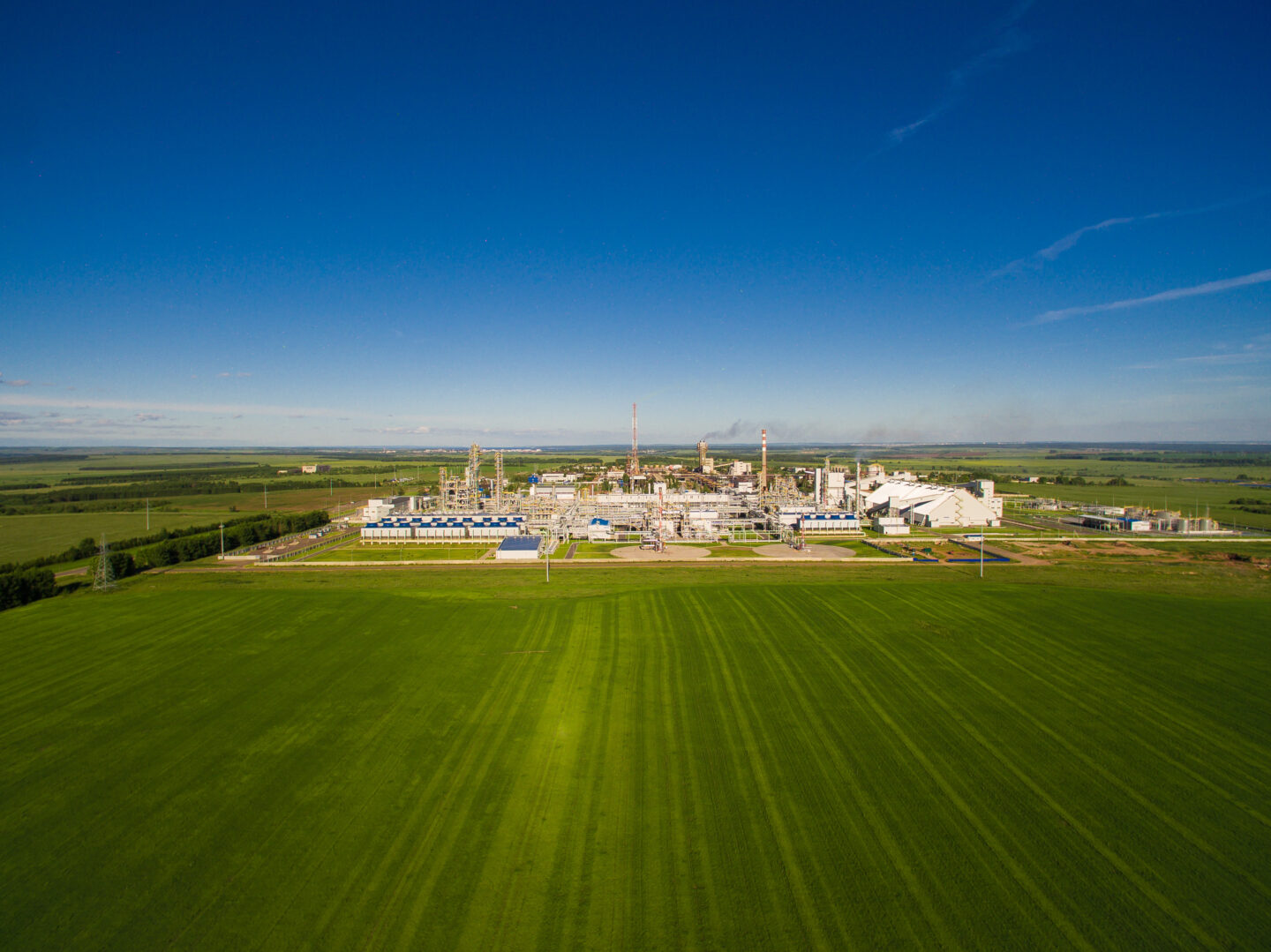Share this article
A long time ago two of my friends started talking about global warming.
It was an interesting chat that moved between the cause of forest fires in Australia, the floods in the UK and what, if anything, the government could do about it all.
I listened for a while and then asked what they knew about the European Green Deal and the impact that the circular economy in the worlds of agriculture, energy and beyond could have on the climate. One of my friends looked at me in surprise and said “I didn’t know you’d ever worked in that area”.
That’s the thing about recruitment. On a really superficial level, it’s just about putting people in touch with each other. But to do that well, you really need to understand the world they work in and its future trends. And in the world of Agri, it’s impossible to place people effectively without a clear insight into the ever-more important role of sustainability.
The context is startling. For a century, the majority of manufactured fertiliser products are still based on mineral deposits and fossil fuels. This means that helping crops grow is, simultaneously, raising emission levels. The European Commission, which is ahead of the game in this area, has set a goal of a 30% reduction of non-renewable resources in fertilizer production.
The aim is to turn this goal into a series of business opportunities (in the same way that the automotive industry will benefit from the switch to electric cars)
So the Agri industry has a huge incentive to fight climate change by regenerating and restoring, aiming to keep resources in circulation for as long as possible. The quest is for a ‘Circular Economy’ which, effectively, is a perfect circle of recycling, where the agricultural system becomes emissions-free.
And, backed-up by incentives, it’s working.
Bio-waste management is an entire sector focused on replacing chemical fertilizers with bio-based products. Nutrients are being recycled back into the soil. Lime, limestone and dolomite are amongst the natural minerals being used in agriculture and forestry to correct soil acidity and to add nutrients that contain magnesium and calcium.
Some of the innovative thinking in this area is really inspiring. Much of the CO2 being produced by the mineral fertilizer industry is being purified and sold for use in sparkling water and in cleaning products.
From my perspective, what’s particularly interesting is that agri-related innovation isn’t just taking place inside the industry. Increasingly, sectors are overlapping, swapping ideas and raw materials in their quest to create a wider ‘circle’. For example, the EU’s fertiliser industry is now using over five million tonnes of sulphur annually that is sourced from waste at oil and gas refineries.
Ductor, a Finnish-Swiss biotechnology company, is a great case study for this increasing breadth of thinking. Ductor is managing organic waste and produces sustainable, organic fertilizers and has many projects in North America and Europe. In addition to focusing on the 4 Rs that is often referred to by the fertilizer industry it also focuses on two more Rs; Recycling nutrients and Rejuvenating the soils. Ductor can use high nitrogen waste streams like Chicken Litter, and its projects in Norway focuses on the use of fish waste and fish sludge to produce biomethane, organic nitrogen liquids and NPKs, specifically positioned to enhance soil health and fertility. Ductor is able to demonstrate the new circular economy in practice and has a simple, practical solution that will help to significantly reduce greenhouse gas emissions.
The transition to sustainable agriculture is driven by new technologies, research and innovation. This quest for a cleaner, greener planet is touching the entire industrial value chain, from production to consumption, remanufacturing, waste management and secondary raw materials.
This ‘new agriculture’ will not only slow down climate change but also provide sustainable economic rewards.
Which brings me back to my friends. I may never have worked in Agri, but it’s impossible to find creative answers to recruitment challenges unless you are fascinated in the industry that is recruiting. It might be that the perfect candidate for a role in Agri is currently working in the oil industry, in the same way, that there are natural synergies between the worlds of limestone and car battery production.
The Circular Economy is only one (fascinating) part of Agri. We also recruit across commodities, trading, operations and production. Please do connect to share your own ideas and to discuss how we might be able to help.
Rebecca Topping

